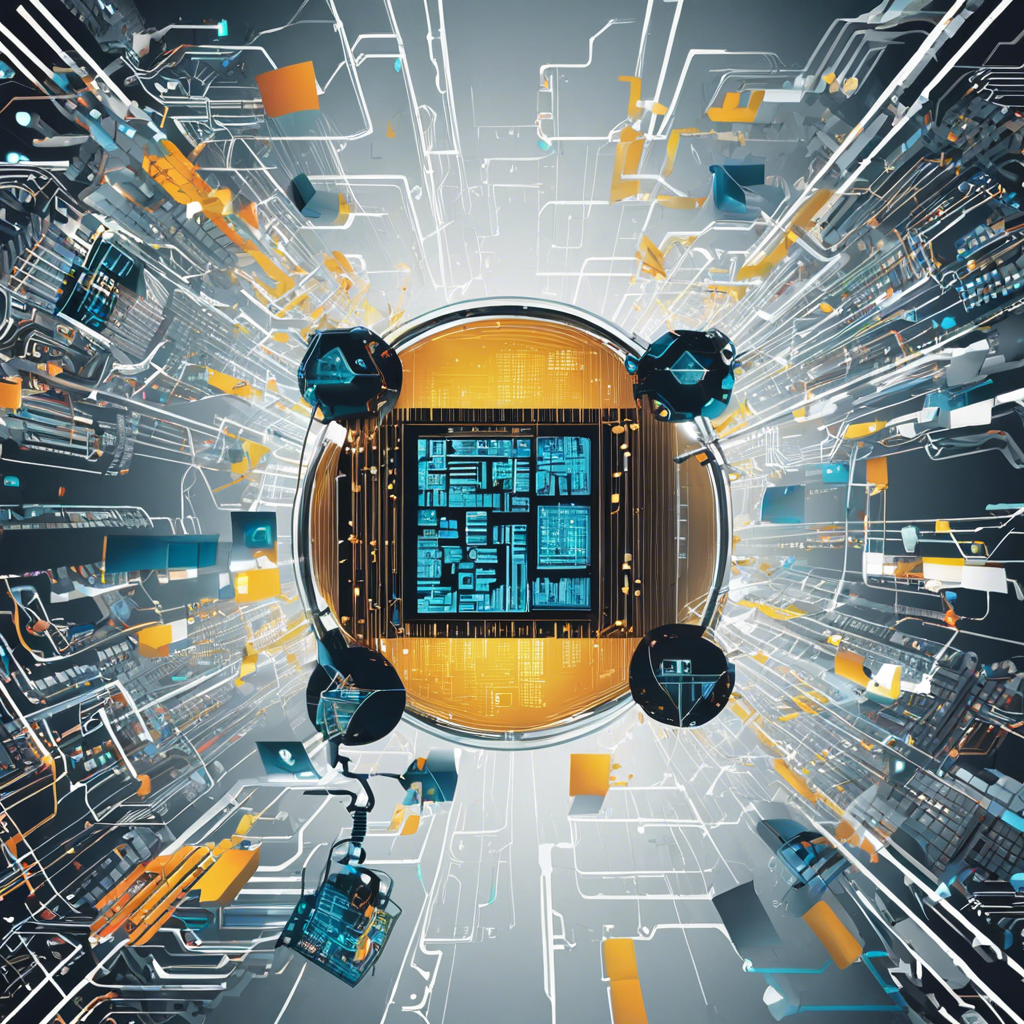The Internet has evolved into a cornerstone of modern life, connecting people, ideas, and technologies in ways once thought unimaginable. As we move forward, Artificial Intelligence (AI) is set to play an increasingly pivotal role in shaping the future of this global network. With its ability to process vast amounts of data and automate complex tasks, AI is revolutionizing the digital landscape, opening up new possibilities and challenges. This technology promises to enhance user experiences, boost innovation, and address critical issues, but it also raises ethical and societal concerns that demand our attention.
AI-powered algorithms are already transforming content creation and personalization. Natural Language Processing (NLP) enables the generation of articles, blog posts, and even books, while computer vision technologies analyze and understand visual content, making image and video search more accurate and contextually relevant. Personalized recommendation engines, powered by AI, curate content tailored to individual preferences, revolutionizing how we discover and consume information. Additionally, AI-driven cybersecurity tools are becoming more adept at identifying and mitigating online threats, ensuring a safer digital environment for all users. These applications demonstrate how AI is fundamentally changing the way we interact with the Internet.
**The role of AI in the future development of the Internet is multifaceted**. For instance, AI can significantly improve the infrastructure of the Internet by optimizing network routing, predicting and mitigating network congestion, and enhancing data transmission efficiency. This results in faster and more reliable Internet connectivity, especially in remote or underserved areas. Furthermore, AI-driven technologies like 5G and the Internet of Things (IoT) are facilitating the development of smart cities, intelligent transportation systems, and efficient energy management, contributing to a more sustainable and interconnected world.
However, the rapid integration of AI into the fabric of the Internet also brings ethical considerations to light. Issues such as privacy, data protection, and algorithmic bias are at the forefront of the conversation. As AI systems collect and analyze vast amounts of personal data, ensuring the safety and security of this information becomes paramount. Striking a balance between personalized experiences and user privacy will be a critical challenge for the industry. Additionally, addressing algorithmic biases and ensuring transparency in AI decision-making processes will be essential to maintaining public trust and upholding ethical standards.
In conclusion, the future of the Internet is inextricably linked with AI, which promises vast opportunities for innovation and improvement.
